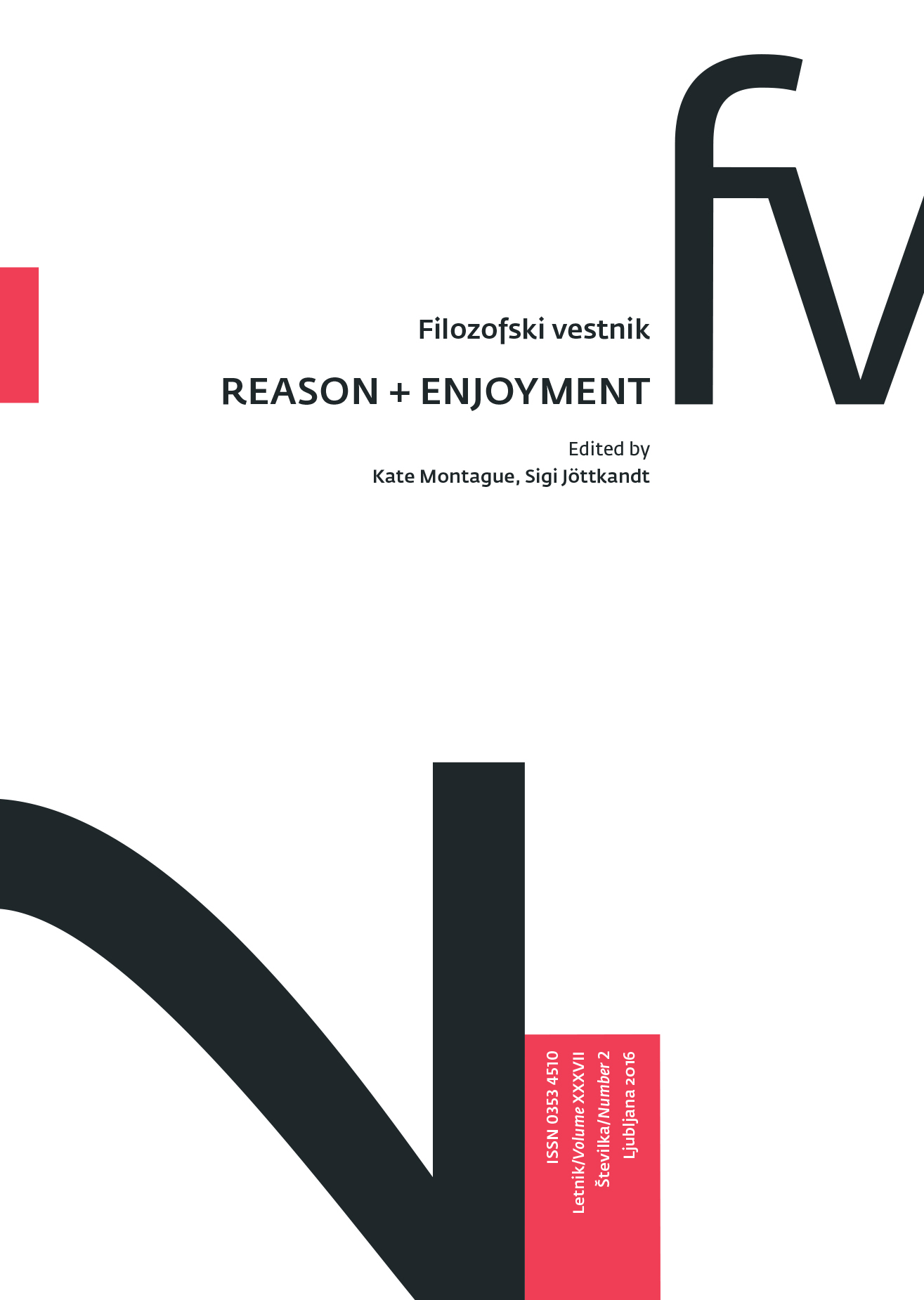»Osirotela vnema« … ali: resnica znanja
Ključne besede:
Platon, Sokrat, Jacques Lacan, Alain Badiou, vzgoja, univerzePovzetek
Platonova Apologija ponazarja prizor, ki spominja na Lacanovo intervencijo v Vincennesu, ko protestirajočim študentom zaluča: »režim vas postavlja na ogled« rekoč: »poglej, kako uživajo«. Rezultat bo ta, je dejal, da se boste ponovno vdali gospodarju. V Platonovem primeru so tri, retrospektivno prikazane figure, Meletos, Anitos in Likon, pesnik-učitelj, poslovnež-politik in govorec v imenu zakona in s tem države kot take, obtožile Sokrata, da mu je spodletelo uživati na predpisani način. Sokrat je bil obtožen gojenja in prakticiranja nemogoče želje po mišljenju. Misliti pomeni sprijati; iti skozi užitek kot njegovi radikalni nemožnosti. Celotna Platonova problematika v dialogih, kot je ponazorjena v Apologiji, je posvečena premisleku vprašanja vzgojnega sprijanja v nasprotjo z vsepričujočim in določitvenim udejanjenjem pedagoškega užitka. Pričujoči esej izpostavi več točk in povezav ter oriše nekatere posledice za vzgojno misel danes.Prenosi
Podatki o prenosih še niso na voljo.
Prenosi
Objavljeno
2017-01-18
Kako citirati
Bartlett, A. (2017). »Osirotela vnema« … ali: resnica znanja. Filozofski Vestnik, 37(2). Pridobljeno od https://ojs.zrc-sazu.si/filozofski-vestnik/article/view/4877
Številka
Rubrike
Um + užitek
Licenca
Avtorji jamčijo, da je delo njihova avtorska stvaritev, da v njem niso kršene avtorske pravice tretjih oseb ali kake druge pravice. V primeru zahtevkov tretjih oseb se avtorji zavezujejo, da bodo varovali interese založnika ter da bodo povrnili morebitno škodo.
Podrobneje v rubriki: Prispevki





